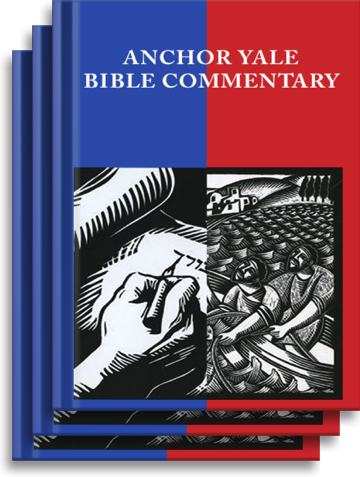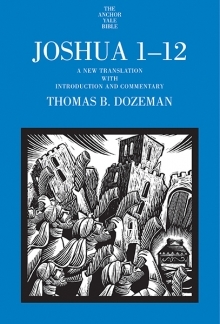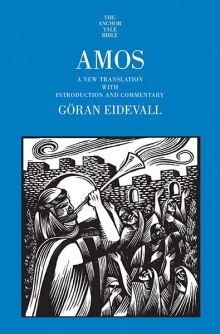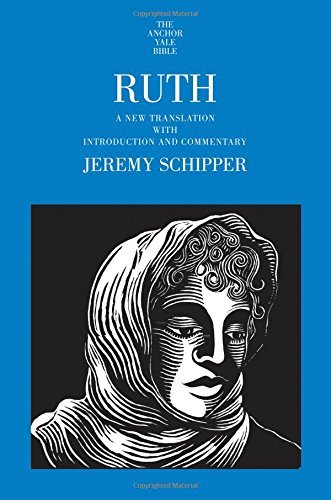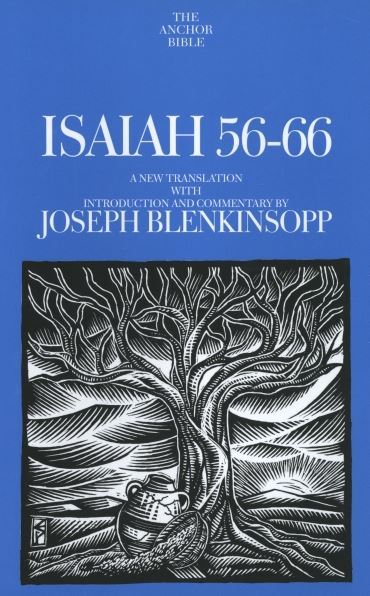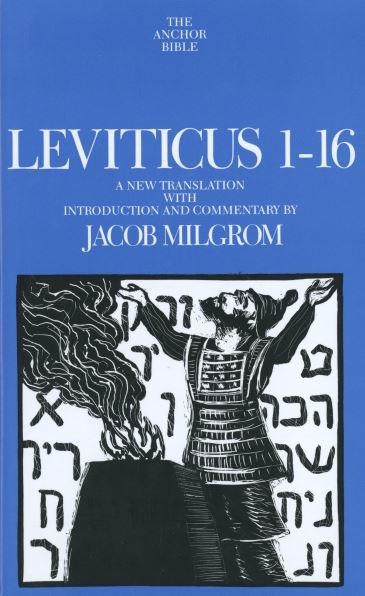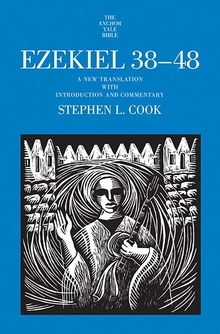


Anchor Yale Bible Commentary: Proverbs 1-9 (AYB)

Anchor Yale Bible Commentary: Proverbs 1-9 (AYB)
In Proverbs 1–9, Bible scholar Michael V. Fox translates and explains the meaning of the first nine chapters of this profound, timeless book, and examines their place in the intellectual history of ancient Israel. This thorough study of Proverbs includes a survey of the collections of ancient Near Eastern wisdom literature, as well as innovative and insightful comments. In addition to the translation and commentary proper, Fox includes several extended thematic essays on Proverbs 1–9, covering such themes as the origins of personified wisdom, what wisdom is, and where wisdom can be heard, plus an appendix of textual notes. The format of the commentary makes it accessible to the general reader and also provides materials of special interest to scholars. This is the first of a two-volume commentary that accords Proverbs the depth of study it deserves.
Michael V. Fox is Halls-Bascom Professor in the Department of Hebrew and Semitic Studies at the University of Wisconsin–Madison. After rabbinical studies and ordination at Hebrew Union College, Cincinnati, he trained in Bible studies, Semitics, and Egyptology, receiving his Ph.D. at the Hebrew University in Jerusalem. He has written widely on wisdom literature and other aspects of biblical literature.
THE ANCHOR YALE BIBLE COMMENTARY SERIES is a project of international and interfaith scope in which Protestant, Catholic, and Jewish scholars from many countries contribute individual volumes. The project is not sponsored by any ecclesiastical organization and is not intended to reflect any particular theological doctrine.
The Anchor Yale Bible is committed to producing commentaries in the tradition established half a century ago by the founders of the series, William Foxwell Albright and David Noel Freedman. It aims to present the best contemporary scholarship in a way that is accessible not only to scholars but also to the educated nonspecialist. Its approach is grounded in exact translation of the ancient languages and an appreciation of the historical and cultural context in which the biblical books were written supplemented by insights from modern methods, such as sociological and literary criticism.
